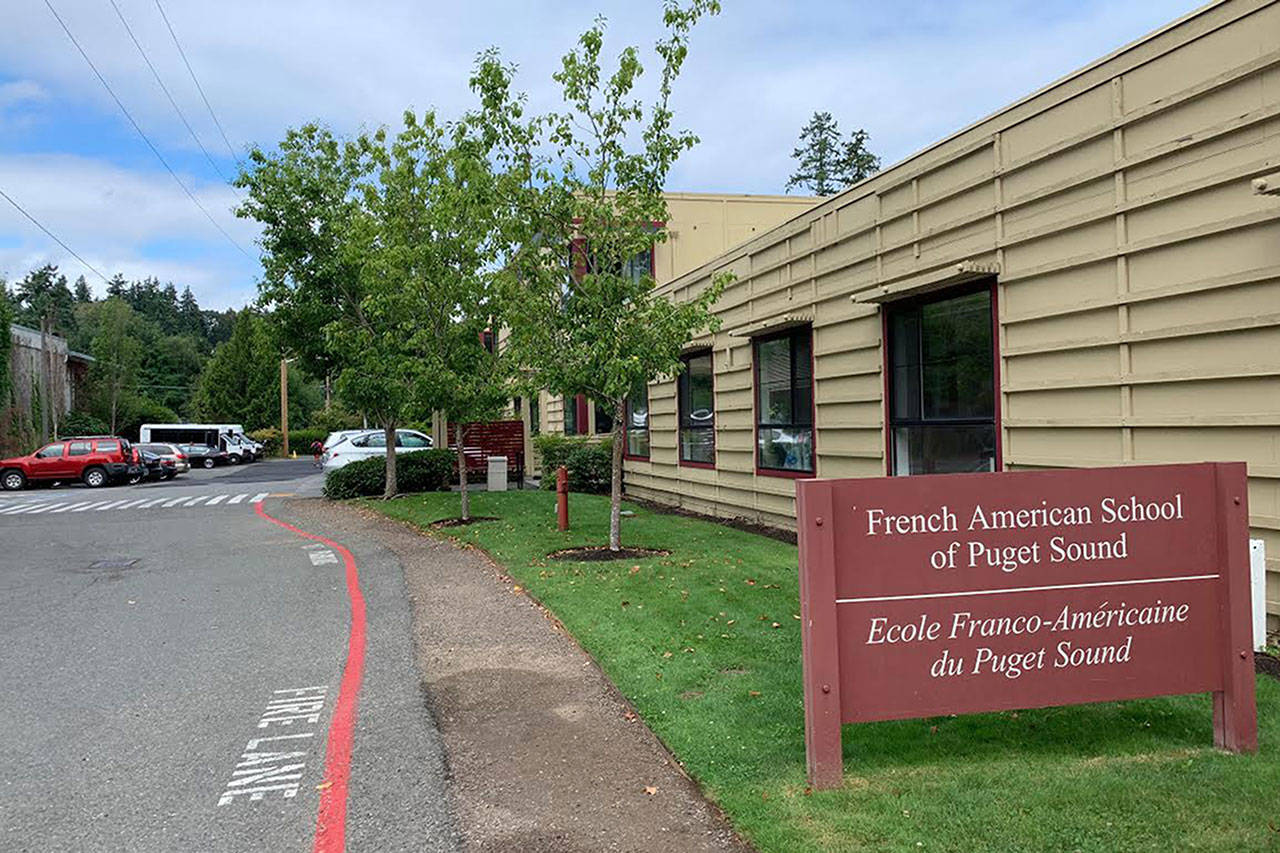Interim city manager Jessi Bon and Community Planning and Development director Evan Maxim decided to suspend work related to the Community Facility Zone and code amendments on July 26 after continued concerns from the community.
The city had originally intended to release a third draft of the code amendment for the Planning Commission to be reviewed on Aug. 7. Instead, city staff will be taking time to reconsider an approach before investing in additional resources.
A joint city council-planning commission meeting on Aug. 20 will include a discussion about next steps for the zoning effort.
The conversation around community zoning began in January 2017. Three organizations on Mercer Island had applied for a comprehensive plan amendment and rezone that would enable a master planning and redevelopment process for their facilities.
The applicants for the amendment include the Stroum Jewish Community Center (SJCC), the French American School of Puget Sound (FASPS) and Herzl-Ner Tamid (HNT). The last seven months have been spent talking about planning implementation strategy, according to Maxim.
Maxim said the Planning Commission asked city staff for a third draft of the regulations in June after receiving feedback to refine and revise the initial two versions.
Each of the institutions have a long history on the island, and their buildings are in need of upgrades. According to their websites, the SJCC moved to Mercer Island in 1949, followed by HNT in 1970. In 1999, 146 students took over the old fire station just north of the SJCC property.
Communications manager Ross Freeman said the organizations ended up in residential zoning because they predated the single-family zoning when they were built or formed. He said there was not as much control about commercial and residential-only areas back in the 1950s and ‘60s.
“These organizations have all been on the island for a very long time,” Maxim said. “There is a big fear of change. A lot of these organizations want to change or grow over time.”
The three properties owned by the organizations currently consist of four zones: R-8.4, R-9.6, B, and C-O, otherwise known as single-family residential zones, a business zone and a commercial-office zone. Some of the properties span multiple zones.
The new zone, called Private Community Facilities Zone, would allow for development of community facilities that are located in residential zones.
“Our zoning for residential is designed to address single-family homes, not community buildings,” Maxim said. He explained that community buildings are bigger, require more parking and lighting needs. Maxim added that people come and go at all times of the day.
The city is faced with finding a balance between addressing community interests and helping the three organizations grow. Maxim said residential neighbors have expressed concern about traffic, lighting, noise and increased activity.
“I see a lot of public comment at this point,” Maxim said. “My concern is that there’s been a shift in what we see as the problem statement in particular. That probably means we need to shift what our solution looks like at the end of this exercise.”
Maxim wants to ultimately protect the neighborhoods, while allowing facilities to grow and change overtime. The end for both parties is predictability, he explained.


